DataDigital Building Surveying
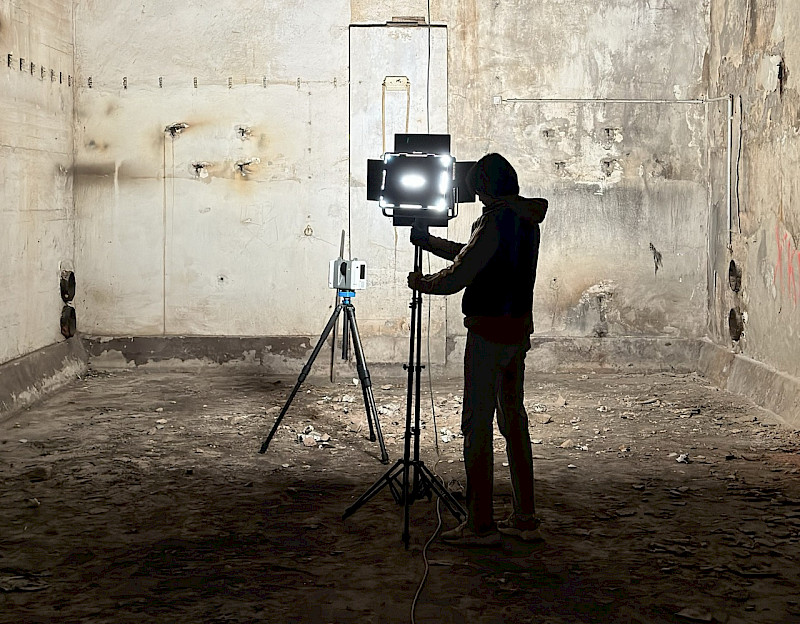
Unlocking Circularity
Digital surveying and
potential analysis
Unlocking Circularity
Digital surveying and
potential analysis
orto is an interdisciplinary specialist, integrating building data in collaborative workflows.
We reconstruct and model existing buildings using scan technologies and construction analysis methods to enable sustainable decisions for planners and developers.
Since 2022, we foster collaboration in 3D building data with our software orto space, bringing precision where it matters most – at the beginning of the planning process.
KDL
37.800m2
Vollgut, Kindl Brewery Berlin
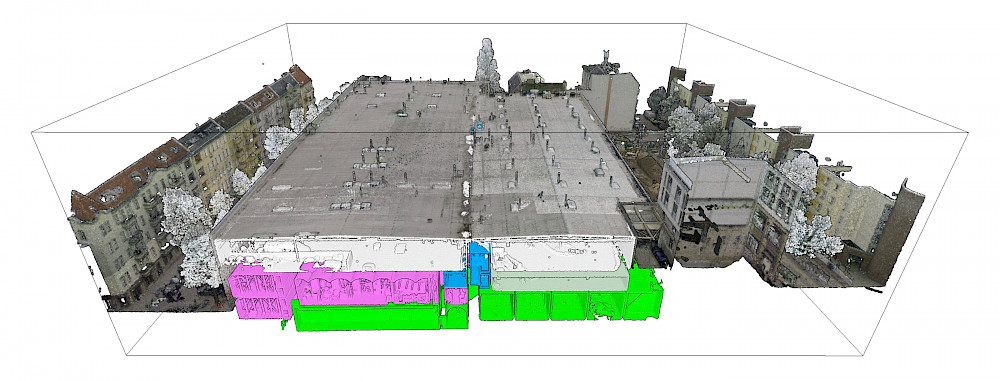
HAFF
4,860m2
Prefabricated building WBS70, Stettiner Haff
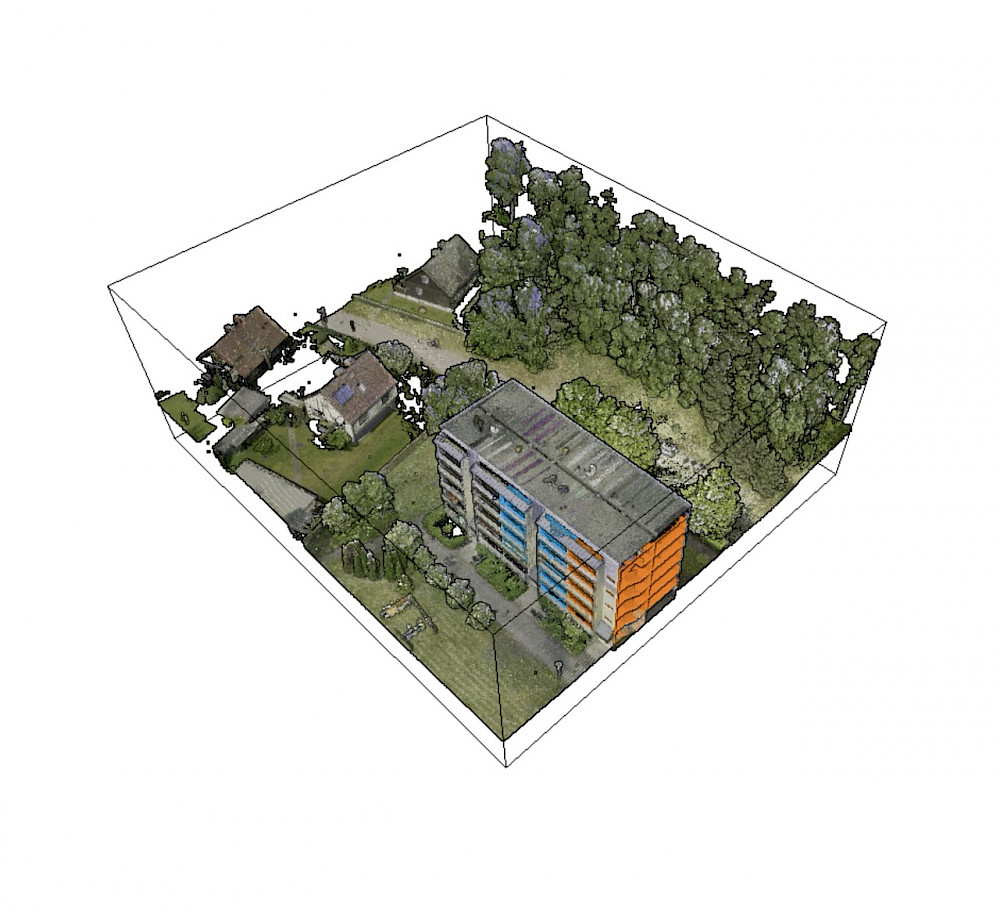
ARS
977m2
Arsenal, silent green, Berlin Wedding
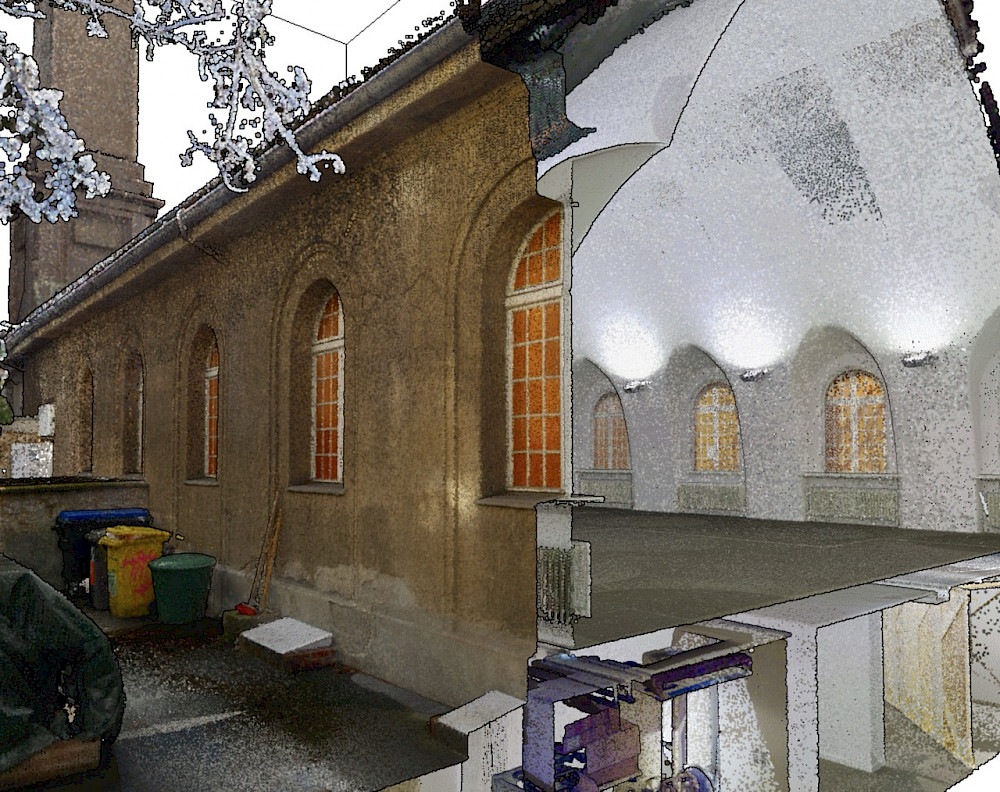
We can't afford not to do it.
We are architects, sustainability manager, software developer, and designer. We work at these intersections to make planning and developing in existing buildings easier.
To make the potential of data sustainably usable, we develop our services and software in close collaboration with industry clients, as well as technology and research partners.

Ausgezeichnet als innovativstes
Digitalprodukt 2025
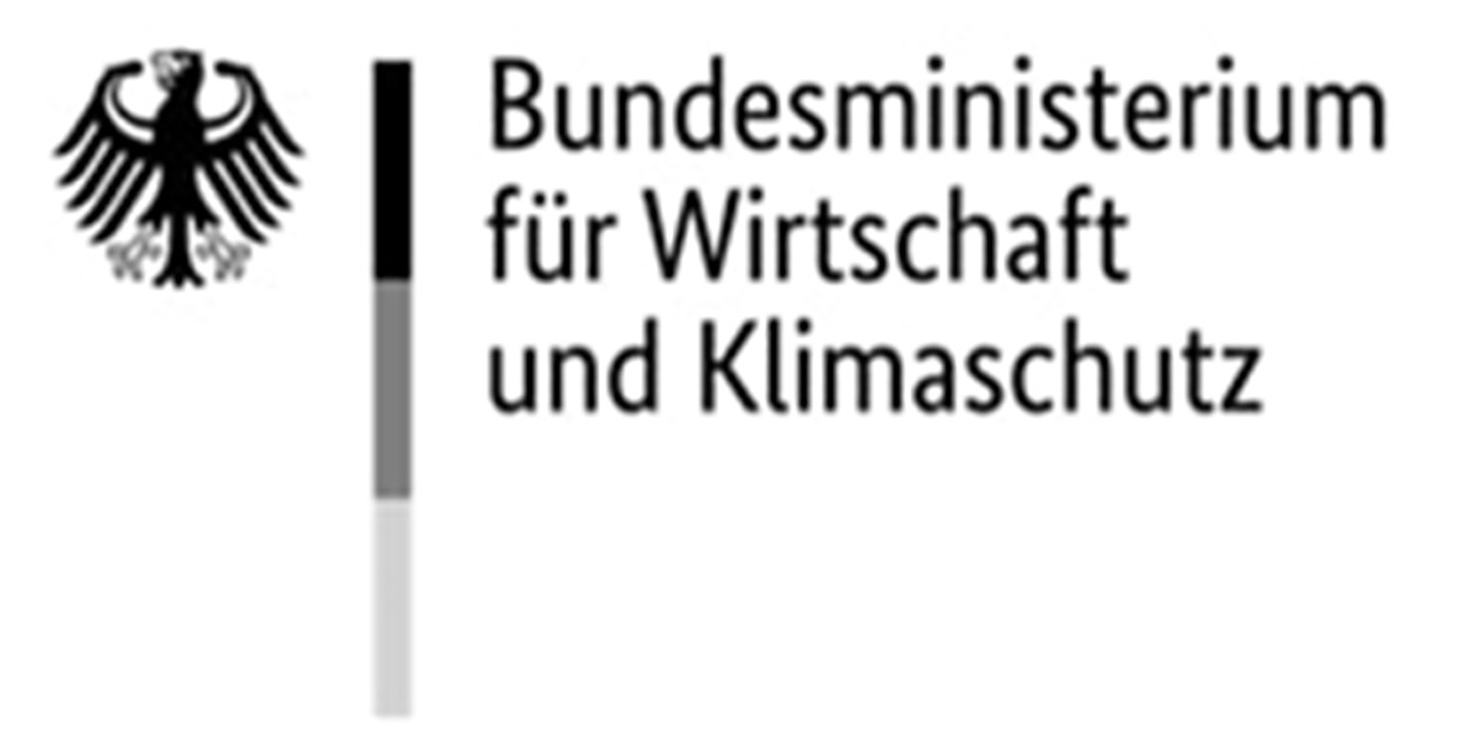

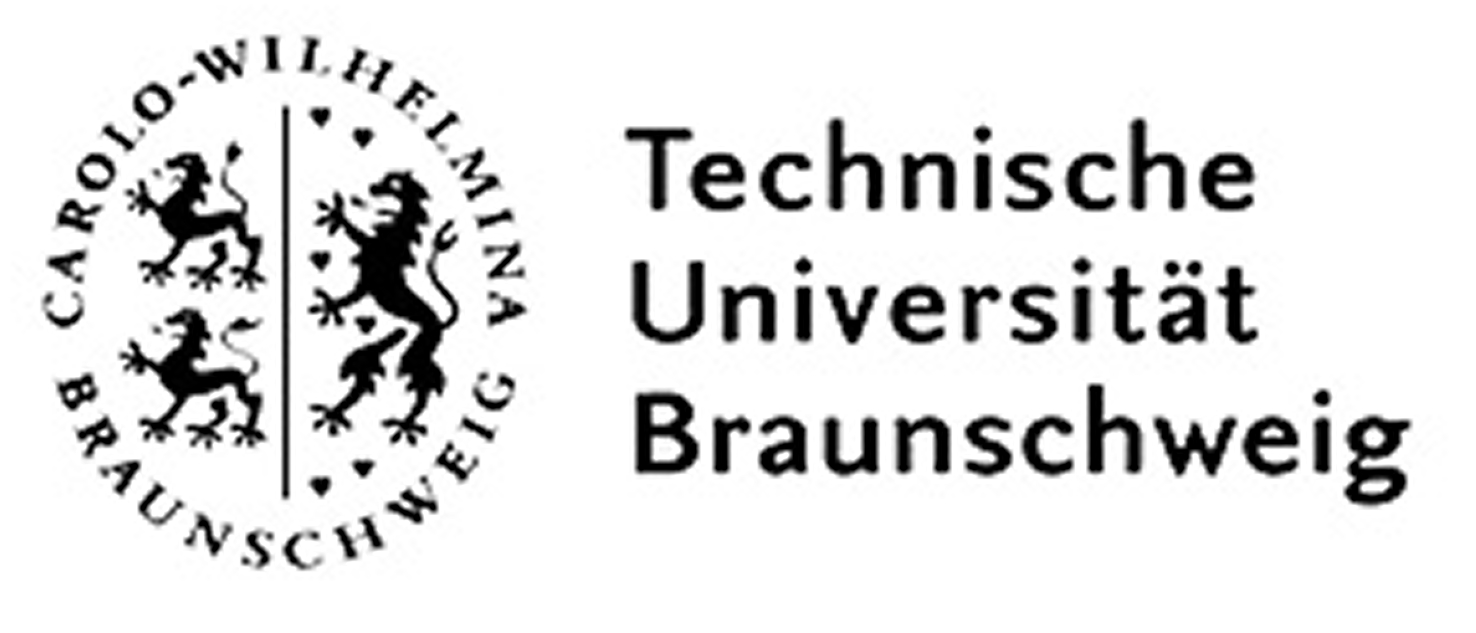


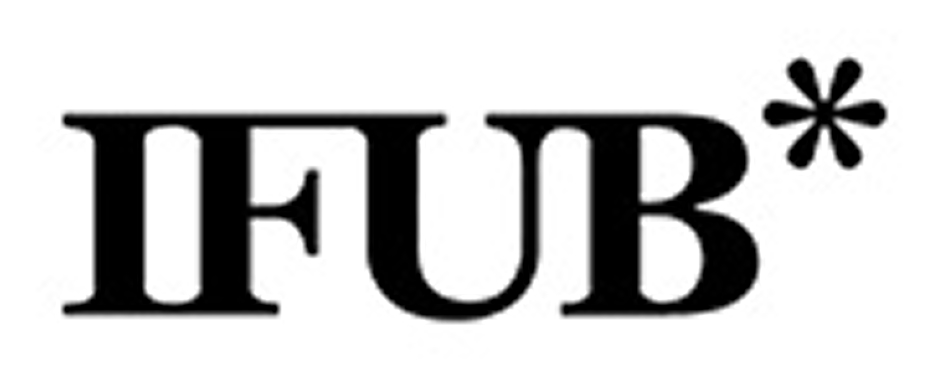





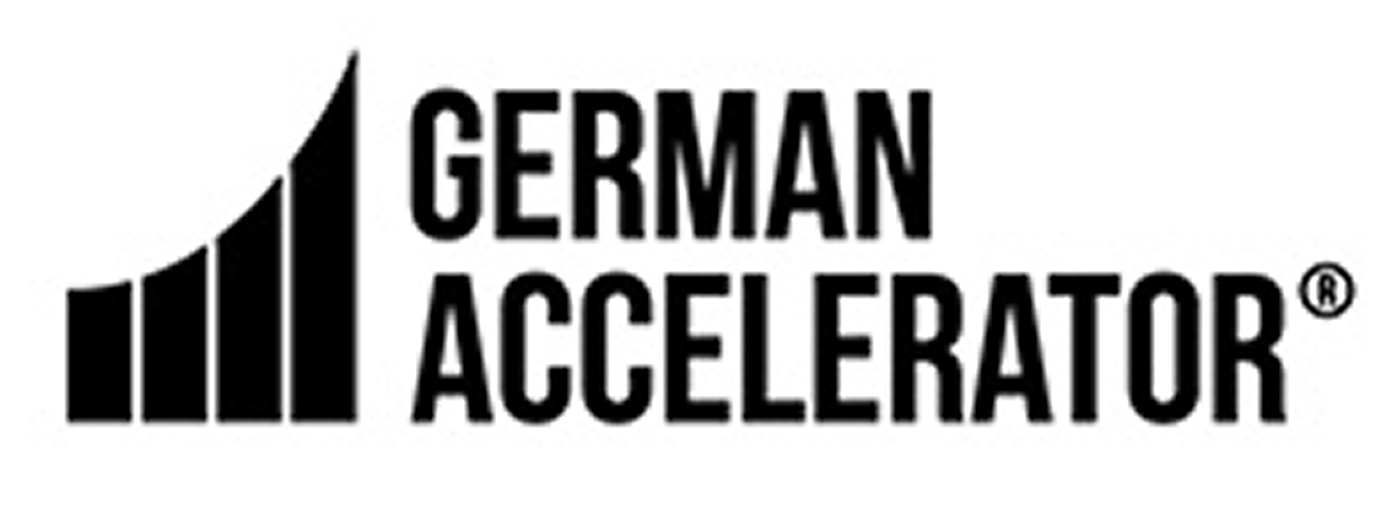
Standardisation Process
CO₂ Sinks in Existing Buildings
2025–2026
Duration
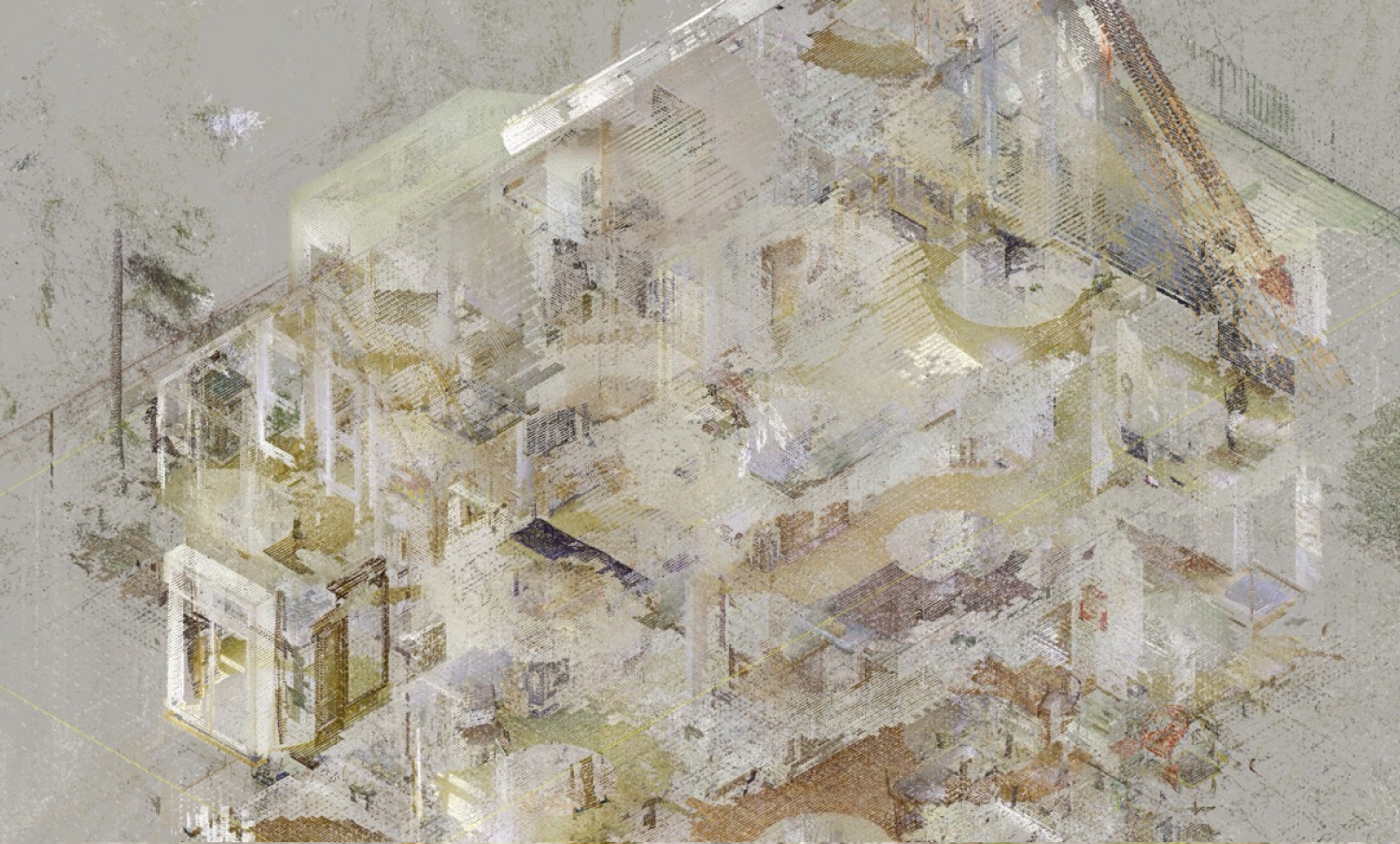

Methodical evaluation of CO₂ sinks in existing buildings
Integration of CO₂ sinks in assessment and refurbishment
A DIN SPEC is a standard developed by a consortium of experts in order to close an urgent standardisation gap. This DIN SPEC project defines requirements for determining the carbon bound in building materials in existing buildings–a relevent step to match the European carbon reduction goals. The statements are intended to enable a well-founded assessment of the environmental impact of the demolition or preservation of a building.
About the consortium
The project pursues the vision of a construction industry that fulfils the requirements of recyclability and resource conservation - and provides the necessary tools for this. orto GmbH initiated the 2024 project as part of the DIN Connect programme. It is being developed in collaboration with leading research institutions and practice partners, including the Karlsruhe Institute of Technology (KIT), the Helmholtz Centre for Geo Research (GFZ), Bauhaus Erde and other organisations, real estate companies and architecture firms.